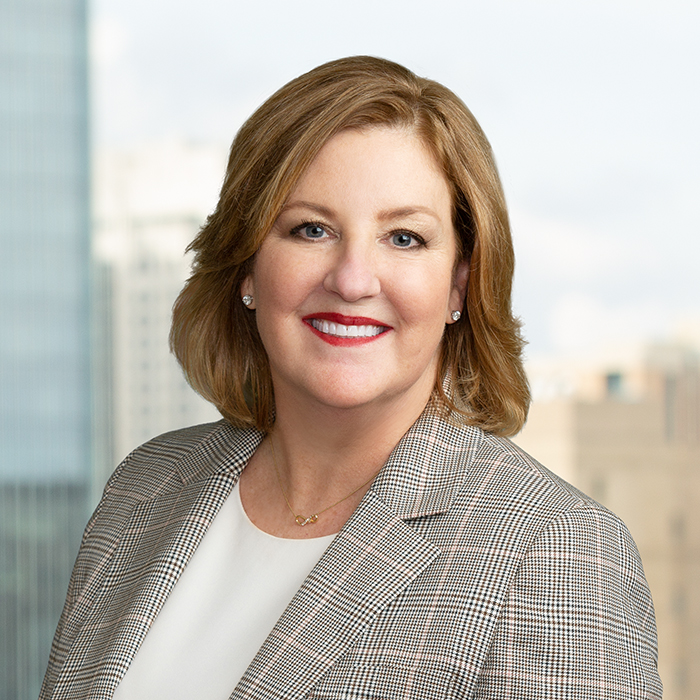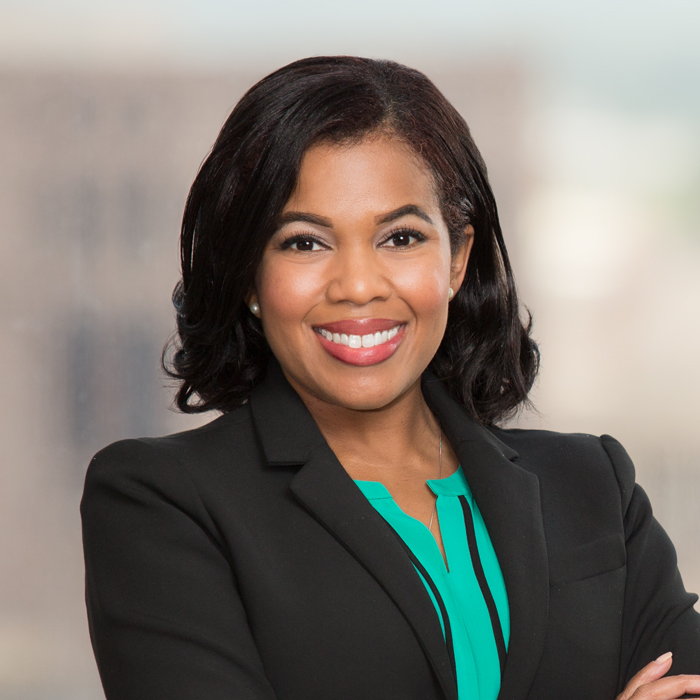In this episode of Jackson Walker Fast Takes, Kelly Cobb and host Courtney White discuss the newly established H1B Visa renewal pilot program by the U.S. Department of State. Kelly provides insights into the program, which aims to streamline the visa renewal process by allowing individuals with current visas obtained from U.S. consulates in India or Canada to apply domestically. The program, running from January 29 to April 1, accepts 20,000 applications and involves an online application process.
Featured This Episode |
|
| Our Host:
|
Episode Guest:
|
Episode Transcription
Courtney White: Hi, everyone. I’m Courtney White and this is Jackson Walker Fast Takes. This month, the U.S. Department of State established an important update for H1B Visa holders with the new statewide visa renewal pilot program. Joining me today to discuss this program is Kelly Cobb, an immigration partner in Jackson Walker’s Houston office. Kelly, thanks for talking with me today.
Kelly Cobb: Thank you, Courtney.
Courtney White: Well, I’m excited about our discussion. And just to start, could you give us a brief overview of the state side visa renewal pilot program, and explain to us who is eligible?
Kelly Cobb: Sure, this was actually really pretty exciting. Pre 9/11, the State Department allowed individuals to send their passport, a form, and photo and to Washington, D.C., and they would issue a Visa. After 9/11, everyone now had to go to a U.S. consulate abroad. So, what the State Department is trying to do now, is take some of the pressure off of the consulate. So, they’re going to run this pilot program. And this program is going to run January 29, through April 1 of this year, they’re going to accept 20,000 applications. Those that are eligible are individuals that have current visas that they received through a U.S. consulate either in India, or Canada. There are a lot of other requirements. So, it’s really important that you look at the State Department’s website, and the pilot program and all the requirements. Also, H-4 dependents are not eligible under this as well. So, it’s not going to be as easy as it has been advertised. But I do think there are gonna be a lot of people that qualify.
Courtney White: That is really interesting. So, I’d love to know, and I’m sure our listeners would love to know as well, what are the essential steps in the application process for this program, and what is the expected processing time for the applications?
Kelly Cobb: So, it’s pretty straightforward. You’d go to the State Department website, and you go through all the requirements. You need to make sure that you meet all of them. Because whenever you go in, you complete the DS-160 form, and then you will go step by step to pay your machine-readable visa fee of $205. And then you would be able to submit your application into one of the time slots. One of the days that are slotted to accept the application. And from there you will be given information on how to send your passport and other information to the State Department in Washington. It’s important to talk to an attorney to make sure that you are eligible. Because if you submit everything, and the State Department finds that you don’t meet the requirements, you do not get your $205 back. And actually, what they are predicting is six to eight weeks to process. So, keep in mind, this is a pilot program, they’re only taking 20,000 applications. So, they should be able to process them fairly quickly.
Courtney White: And so, what happens if an applicant is unsuccessful in the pilot program? I know you talked about they’re not going to get their money back. But I’d also like to know will it have any negative impact on their future visa applications?
Kelly Cobb: Not at all. I mean, if someone submits an application, and the D.C., the officers reviewed a packet and they realize this person was not eligible, then they are now eligible to file at a US consulate abroad. And it does not prejudice that application abroad. But it is important for anyone considering going through the pilot program, I think to talk to your attorney. Again, there are quite a few requirements. And you know, you may have gotten your visa abroad last time no issues. But let’s say maybe in the last few years, maybe if you had a criminal issue, then this would not be the program for you. And that’s why you would need to you know, want to talk to an attorney about it, and then go through the steps you would need to get your visa abroad.
Courtney White: Thank you so much for explaining this pilot program. Thank you for coming on the podcast. We’re always so happy to have you here.
Kelly Cobb: Thanks. My pleasure.
Courtney White: So, for more information and additional JW Fast Takes podcasts and webinars, please visit jw.com/fast.
Follow Jackson Walker LLP on LinkedIn, Twitter, Facebook, and Instagram.
The music is by Eve Searls.
The opinions expressed do not necessarily reflect the views of the firm, its clients, or any of its or their respective affiliates. This article is for informational purposes only and does not constitute legal advice.
 Meet Kelly
Meet Kelly
Kelly D. Cobb’s practice primarily focuses on U.S. corporate immigration law, including applications/petitions for all visa categories and paths to U.S. permanent residence and naturalization. She offers experienced counsel related to navigating the intricacies of ever-changing laws, regulations, and government processes in Immigration law. Kelly has in-depth experience working within Houston’s international energy sector, primarily focusing on large-volume corporate immigration, including management of both U.S. immigration and global migration. Kelly works closely with the U.S. Coast Guard to obtain clearance for foreign vessels and foreign workers engaging in energy exploration on the U.S. Outer Continental Shelf.



